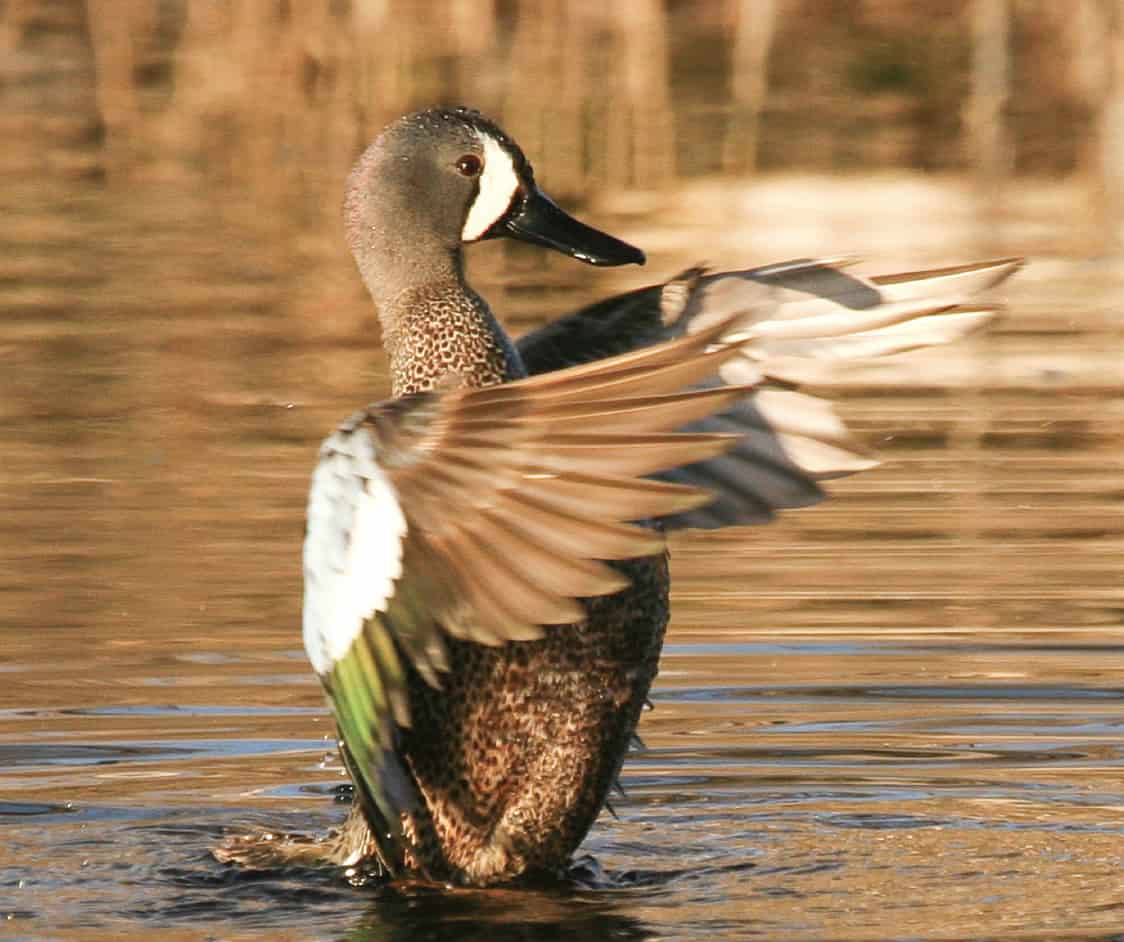Share this article
Wildlife Featured in this article
- FIsher
What is killing fishers in New Hampshire?
Biologists are embarking on a study to see what role rodenticides may play
Researchers are trying to figure out why fishers are declining in New Hampshire.
The University of New Hampshire is partnering with the U.S Fish and Wildlife Service and the New Hampshire Fish and Game Department to try to determine why this member of the weasel family is dying out in the state.
“Fishers are an important part of the forest ecosystem and tell us a lot about the dynamics of the carnivore community,” says Rem Moll, a UNH assistant professor in natural resources and environment. “They help control rodent populations and are also one of the few predators that can successfully hunt porcupines, and that might have benefits for forest health by minimizing bark and tree damage caused by porcupines.”
Researchers plan to use remote cameras and GPS collars to monitor their movements and mortality. After gathering the carcasses of dead fishers, researchers plan to look for toxins and signs of disease. Recent tests have found high levels of rodenticides in fishers throughout New England, and biologists believe that may be a leading cause of mortality in New Hampshire.
“We’ll be looking for data on that as well as any other specific diseases, using tests like blood work, to look for any trends in overall survival rates,” says David Needle, pathology section chief at the state Veterinary Diagnostics Laboratory and a clinical associate professor at the university.
Header Image: : A fisher is seen on a remote camera hunting in a wooded area of New Hampshire. Credit: University of New Hampshire








